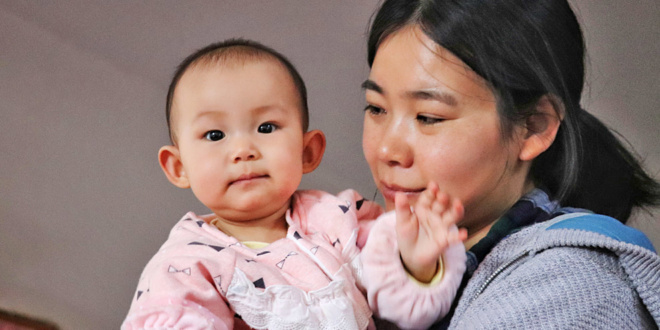Our group is just starting to figure out mission and goals but it’s really all about helping new mothers avoid postpartum mood disorders. Having a baby is a life changing event—physically, mentally, emotionally, spiritually. I have always maintained that a lot of those issues involve grief and loss. Births involve change or loss of the former identity; change in relationships, finances, location of home; and change in body image and health, etc. Sometimes there is even loss of a grandparent, parent, or baby around time of the birth.
Colleague and Client Experiences
After our last alliance meeting I also received a phone call from a young colleague. She works as a consultant for helping professional athletes transition out of their careers into “civilian” life. She is taking on a new job with the military where she will be involved in helping soldiers with the same kinds of transitions. We talked about her concerns regarding a retiring athlete who is having adjustment problems.
I immediately remembered a former client who was a semi-pro athlete and his struggles, including the need for in-patient treatment. Later I recalled when I worked with a retired career military man who transitioned to educational employment. His military expectations didn’t always align with the way things were done in a different setting. The distinct cultures for those who have made their careers inside a particular profession can result in a difficult time for creating the “new normal.”
Postpartum Grief
I am seeing some similarity between postpartum grief and life transitions grief. Don’t many of us really experience periods of “postpartum?” Word origins of postpartum can mean “bringing forth” or “to bear.” Similar issues of loss and grief can occur when people finish, leave, or retire from a position within a very distinct culture (think language, uniforms, schedules, jokes, worldview!). It calls for a new birth of reorganization of support, daily schedules, and changes to relationships when that time has been fulfilled and a new identify must emerge.
Many people look forward to a new position, completion of a project, or to retirement. In another year my spouse may enter into a career transition that will mean changes for both of us. We will soon become part of a large generation dealing with “retirement” issues. I am increasingly aware that life phases can seem fearful, daunting or discouraging for some people. Acknowledging what we have accomplished or lost often helps us to more clearly see the path and possibilities forward—along with strong social support and faith for our futures.
Questions for personal journaling or group discussion:
1. What losses and gains have you experienced in a recent life transition?
2. If you could retire tomorrow, how would you like your life to change? Do you need to wait for some of those changes?
Karen Spruill writes from Florida.
If you liked this, you may also like Transitions
© 2002 - 2025, AnswersForMe.org. All rights reserved. Click here for content usage information. Answers for Me Support & encouragement for every-day life
Answers for Me Support & encouragement for every-day life



